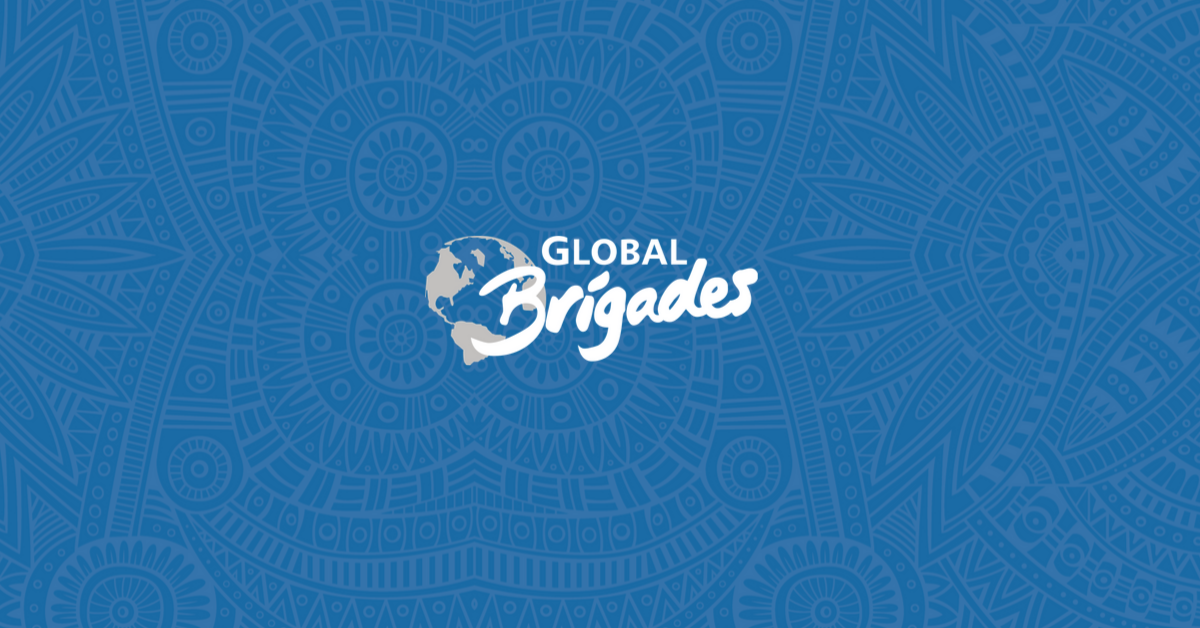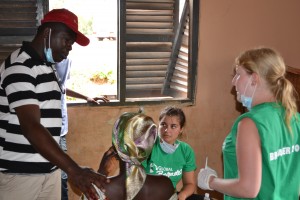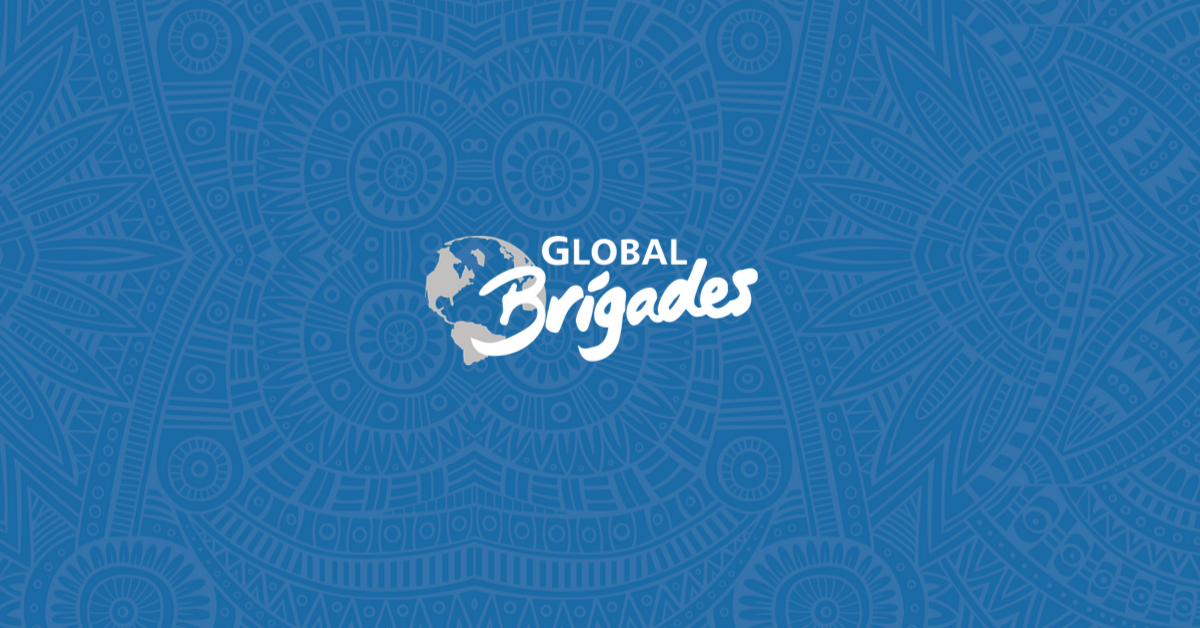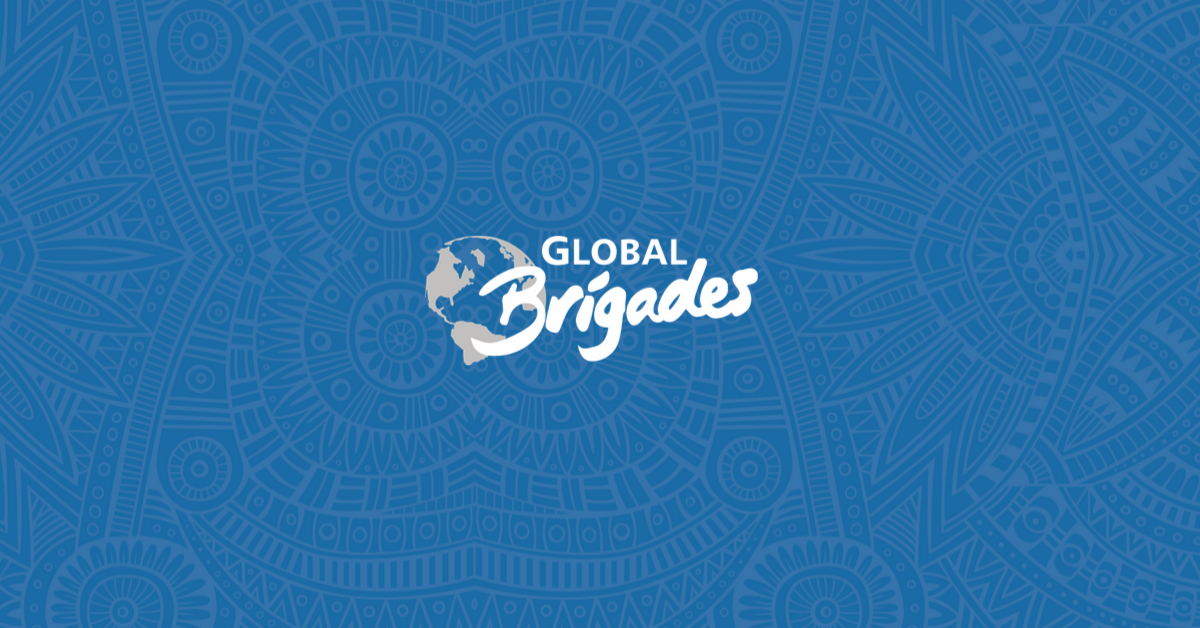Global Brigades Supplemental Programming – Small Contributions; HUGE Impact!
-
The “supplementary programs” strengthen sustainability and deepen community impact
between brigades. Each Program Lead is responsible for working with community members, local technicians, and committees of campus chair people (student leaders) to develop these programs. At the end of the year, Global Brigades distributes any remaining funds to implement them. As a social enterprise, remaining funds are directly tied to number of volunteers, but this year we are offering donors the opportunity to contribute directly into these programs to ensure that they continue regardless of volunteer volume.
100% of your donation will go directly to implement these programs without a single dollar spent on administrative costs, which are already covered through brigade operations. This is an opportunity to provide direct contributions into the community we serve, creating huge impact for families that live on just a few dollars a day.
Below is a description of the supplementary program for Dental Brigades. To see the other programs, click on the program name here: Architecture, Business, Environment, Law, Medical, Microfinance, Public Health, Water.
Dental Brigades – Restorative Compressor Units
It is important to focus on the long-term goals of sustainable dental health through restoration and dental education. Fillings are important to community members because it allows them to restore their teeth rather than extracting them. Patients who come to a brigade for fillings have the idea that maintaining and taking care of their teeth is important to their health. While extractions may alleviate acute pain that they have had to endure since they last saw a dentist, this cycle continues as dental caries spread to the patients other teeth and lead to severe decay and the toothache will reoccur. To break this cycle, we need to begin to promote restoring and maintaining healthy teeth to where we see a decline in extractions and an increase in restoration and routine cleanings. With more units, the number of patients isn’t necessarily going to be increased, but it’s the level of quality that we can provide each of our community members that will.
Quality in care
Many patients, who come to the brigade, typically have to get extractions performed due to severe pain. Like any surgical procedures, there is always a chance that there is a complicated case or a complicated extraction. With only a limited amount of extraction tools available, some of these extraction can be very tough, especially molars that are attached firmly to the mandible. Imagine trying to extract a tooth with a fork and spoon and the comfort level of the patient when the procedure is being performed. Having a restorative unit with a drill available, will not only increase the comfort level of the patient, but also the quality of care that we are able to provide.
Meet demands and promoting sustainability
Community members are familiar with this service and we have seen an increase in its demand. But with only a limited amount of units and a busy brigade season, these units must be allocated among brigade groups evenly. What this results in is groups will have the unit for at least one day of their brigade. But imagine, standing in line for a couple of hours, waiting to be seen by a brigade dentist and excited that you are going to get rid of all the dental caries that you have and still maintain a beautiful smile. But when it comes to your turn, the dentist comes out and makes an announcement. The dentist says, “We can only do extractions today because the unit isn’t available. I’m sorry.” Many of the communities we serve have very little access to dental care. So when coming to this ultimatum, the only two choices the patient really has are either waiting another 4 months for the next brigade to come or to hope that they have the unit and that the dental caries doesn’t spread. The other option is to take advantage of the service that is provided and get that tooth extracted. In Panama and Ghana, there is no unit available, therefore extractions are what are offered.
Cost Breakdown of 1 Compressor Unit
Honduras Dental Clinic Prices (Will vary for Panama and Ghana) Note: Price breakdown is based on exchange rate of US$1.00 to LPS 18.89
Portable unit: $1,455.80 (LPS. 27,500.00)
Light Cure: $397.04 (LPS. 7,500.00)
High Speed Piece: $243.57 (LPS. 4,601.00)
Generator: $449.97 (LPS 8,500)
Total: $2,546.38
Project Goal
To make this project a reality, our goal is to have $25,000 at the end of the year to invest in nine units including the unit itself; each with a generator to provide power in communities without electricity, light cure, high speed pieces for the unit, and a dental chair for programs in Honduras, Panama, or Ghana.
Benefits to this Scenario
In 2011, the three units were able to provide over 1600 fillings while in 2010, only a total of a little over 200 were performed with just one. This is an amazing 6-fold increase in the amount of procedure being performed. Student will also get an amazing opportunity to help partake in working towards a sustainable development model within Dental Brigades. The increase in the number of units will not directly affect how many patients we see but will increase the quality of sustainable care that we want to provide for the communities.




